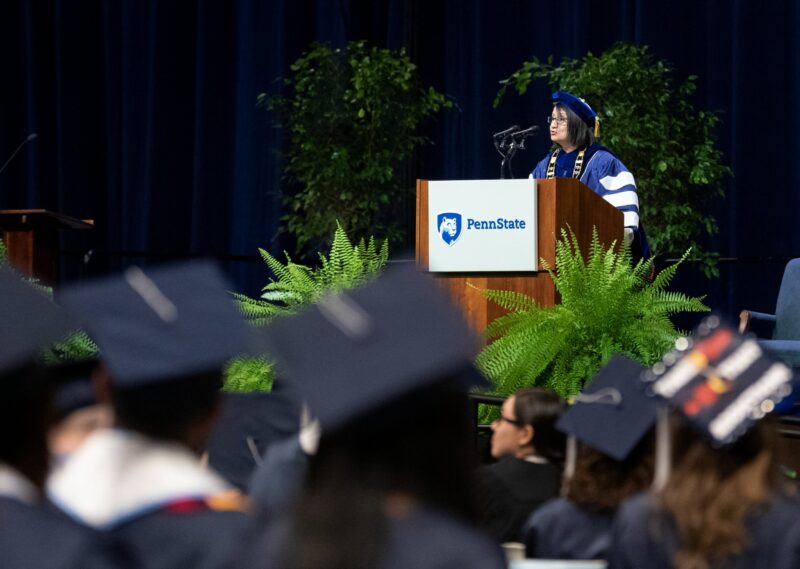Malaysian students overseas cut down on spending

KUALA LUMPUR: As the ringgit slips further against the US dollar, Malaysian students studying overseas are scaling back on their spending.
For most of them, this would mean seeking cheaper rental options, taking up part-time jobs for additional income and cooking their own meals.
Meanwhile, their families are trimming down on their bills back home to shore up some emergency funds for their children.
Aliza Azimah Ahmad, 48, has decided to wait until next year to visit her daughter, Amelia Diyanah, who is currently pursuing her Business (major) and Psychology (minor) degree at Nebraska-Lincoln University in the United States.
“I signed her up for university accomodation with dining package. However, we still have to make sure that she has enough funds to cover for other incidentals.
“We are getting Amelia to manage her finances accordingly so that we do not have to increase her current allowance.
“She has to spend more prudently and only purchase necessary items like winter clothes, eat meals given at the dining hall and only go for leisure trips offered for free by the university.
“Soon, she will also be taking up a part-time job at the university’s dining hall to earn extra pocket money.
“Amelia has two and a half years to complete her degree. So, I hope that the ringgit would regain a stronger footing against the greenback by then,” she told the New Straits Times.
Likewise, Nor Juliana Mohamed Ali, 45, has advised her eldest daughter, who recently started her Electrical Engineering degree at Penn State University, Philadelphia in US to cook her own meals at the dormitory.
“Just before the ringgit tumbled, I gave her allowance for the next three months. However, since my daughter is in her freshman year, she requires some additional money to download some applications for her classes.
“So, I am shoring up savings for her from now. Sometimes, I re-heat the leftovers from the night before and pack them for my lunch the next day.
“My other two children are currently at boarding schools. So, when I visit them over the weekends, I cook meals for them instead of getting the food from restaurants,” she said.
The weakening of the ringgit has also increased the cost of living for Malaysian students across the Causeway.
Instead of renting a four-bedroom apartment, Karisshma Shri Thiagarajan, 24, and her three friends had to settle with a three-bedroom Housing Development Board (HDB) apartment to reduce their rental expenses.
“Our highest expenditure is definitely the rent. Each of us are paying between 700 to 900 SGD (RM2247 – RM2889) every month for our apartment.
“But, living together with my friends have made the cost of living bearable for us. Since food prices are soaring now, we prefer to buy the ingredients and cook our meals at home instead of dining out.
“At present, we are also looking for some part-time jobs or paid internships to get some extra cash for ourselves,” Karisshma said, adding that she and her friends will be graduating this year.
On Sept 6, the ringgit fell to 4.5015 per US dollar – its weakest level since January 1998 when the country grappled with the Asian financial crisis.
The currency has continued to decline as the US Federal Reserve embarked on its most aggressive interest-rate hike since the 1980s to tame inflation in the country.
On Monday, the ringgit tumbled to a new 24-year low after it touched 4.6030 per US dollar.
NST




